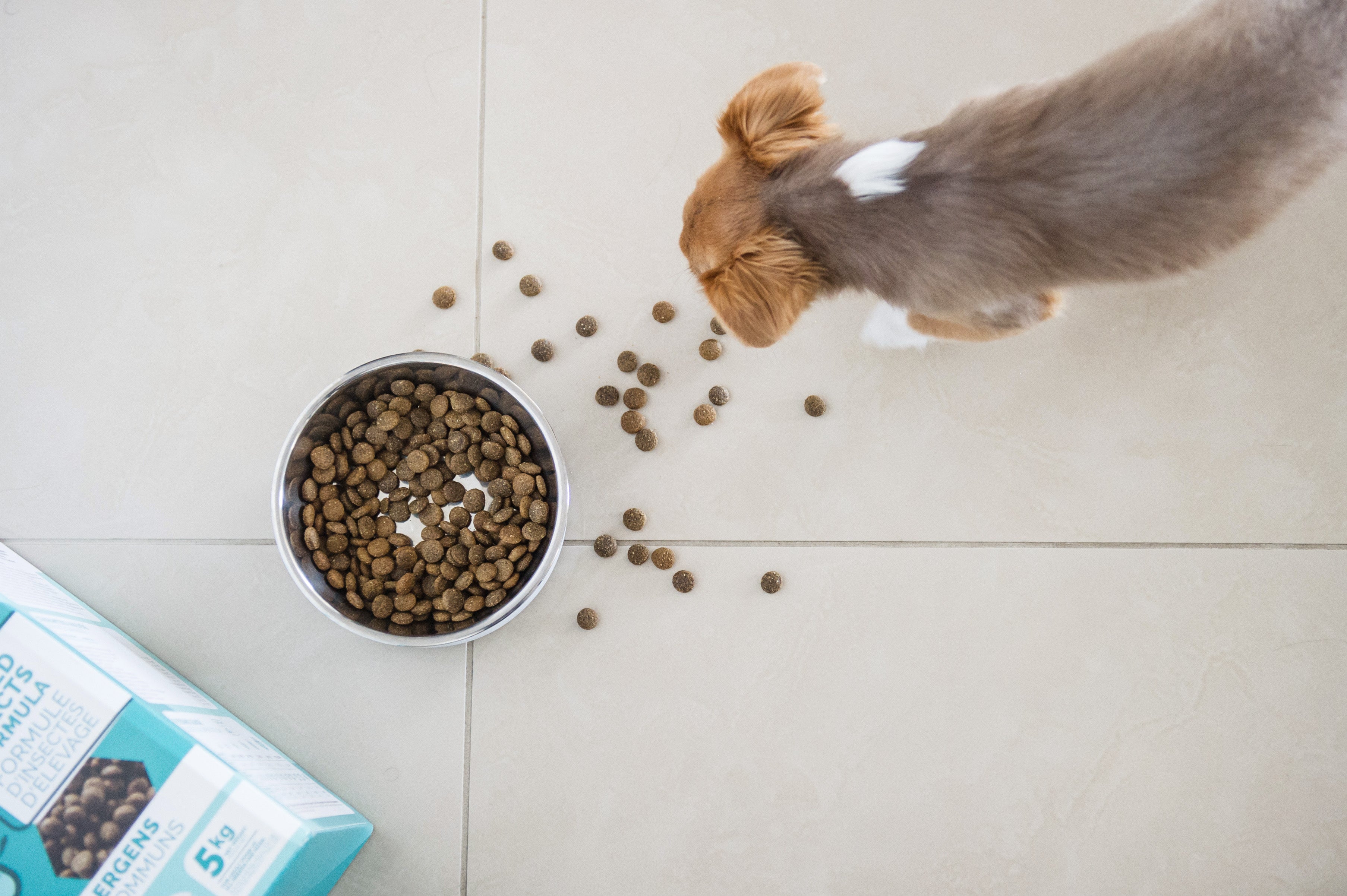So you’re going about your day when you suddenly notice your beloved pooch rubbing his head vehemently across the furniture, and on the carpet. You think it’s cute, but then again, poochie doesn’t look too happy. He gets up, grunts, and shakes his head violently, then scratches at his ears.
Yikes! Your pooch could well have an ear infection.
Anyone who has had an ear infection knows they're no fun - and the same goes for our furry friends.
Dogs can get them just like we do, although their infections tend to be caused by different things than ours. Most commonly, dog ear infections are caused by allergies, mites, or bacteria. They can also be caused by foreign bodies in the ear, like grass seeds.
If you suspect your dog has an ear infection, it's best to take them to the vet so they can be properly diagnosed and treated.
Symptoms Of An Ear Infection In Dogs
Symptoms of an ear infection in dogs include:
- Shaking the head constantly
- Scratching excessively
- Discharge and weird, possibly foul smell coming from the ear
- Redness or swelling
- Showing irritation or discomfort
- Enlarged earflap or ear canal
What Can Trigger An Ear Infection In Dogs?
Dog ear infections are fairly prevalent and can be caused by a variety of factors.
One of the most common causes is allergies. Just like people, dogs can be allergic to pollen, dust, and other things in their environment. When their allergies flare up, it can cause inflammation in their ear canal, which leads to an infection.
Another common cause of ear infections is excess moisture in the ear. This could be from swimming, showering, or even just being out in the rain. When moisture stays in the ear for too long, it provides a breeding ground for bacteria and fungi, which can cause an infection.
In addition, a buildup of residue or wax can also collect in the ears, especially in dogs with floppy, long ears like Cocker Spaniels and Hounds.
If your dog is prone to ear infections, there are a few things you can do to help prevent them. First, try to keep their ears as clean and dry as possible. If they swim often, use a dog-specific ear cleaner after each swim.
One of the major factors contributing to dog ear infections is their nutrition. Up to 80% of dogs with food sensitivities may have an ear infection at some stage of life! Feeding a top-quality, hypoallergenic dog food is one of the best ways to avoid these nasty infections that can lead to several complications requiring more serious medical care.
How Does Diet Cause An Ear Infection In A Dog?
Food allergies are one of the most prevalent causes of ear infections in dogs, especially those with food sensitivity. Certain food, just as in humans, may not suit your pet's digestive system, and food allergies can show up at any point of time in their lives.
When some dogs eat substances that trigger an allergic reaction, the inflammation occurs in the intestines, resulting in bacterial or yeast buildup that spreads to the rest of the body, including the ears.
When it comes to diet, the problem is frequently an overabundance of grain and sugar or intolerance to the protein in beef or chicken. Sugar feeds the yeast that is naturally present in the dog's body, so when a dog consumes too much sugar, yeast overgrowth occurs in the body and around the ear folds or in the canal, causing infection.
How Can We Treat Ear Infections Caused By Food?
If your dog has recurring ear infections and you have been diligent in keeping the ears clean, a food allergy might well be the culprit.
You’ll first need to figure out what your dog is allergic to and eliminate it. Work with your vet to put your pooch on a feeding trial or elimination diet.
It is likely that you will be prescribed a hypoallergenic prescription diet. The diet must be eaten for at least 2-3 months before the response can be determined.
Providing top-quality, hypoallergenic food without any cheap fillers that can be allergens can also make a significant impact on your dog's wellness. If your pooch is getting the correct food and a precise balance of nourishment, it not only helps to improve recovery but also drops the risk of having other illnesses.
What Is An Elimination Diet?
An elimination diet is a special way of eating that involves removing potential allergens from your pooch’s diet for a period of time to see if your symptoms improve.
Common allergens for dogs include proteins from dairy, beef, chicken, eggs, soy, and gluten. These ingredients are eliminated first, then slowly introduced in small quantities one at a time until the offending ingredient is found.
This can help you to pinpoint which foods are causing your allergy symptoms. However, it's important to speak with a veterinarian before starting an elimination diet, as it can be difficult to give an adequate amount of nutrients without these key foods.
Switching Your Pooch’s Food
If your dog has an ear problem, your veterinarian may recommend changing his or her food to minimize the risk of possible allergies. Your veterinarian may also suggest a holistic, hypoallergenic dog food with broken-down proteins and carbs that are so little that they are unlikely to cause an allergic reaction.
Treating A Ear Infection
To give your pooch some relief before the allergic symptoms go away, you can do a few things to alleviate his discomfort.
You can clean the affected area with a gentle cleanser, and then apply a soothing cream or ointment to the area. Applying a cold compress will also help with any swelling and reduce inflammation.
Make sure to keep the area dry which will help to prevent further irritation.
Final Thoughts On Ear Infections From Dog Food
Your dog's nutrition is critical to their overall health, and the food you feed them has a significant influence on their immune system, energy levels, skin, and dental health.
Food allergies and sensitivities, on the other hand, are a serious problem, because various foods impact dogs in different ways. When your dog develops ear infections, first of course you check the ear, then the next thing you do is look at his diet, as these are the most likely reasons.
Hopefully, this article has helped you understand how important diet is, so you can select the correct dog food to aid your beloved pooch's health.




